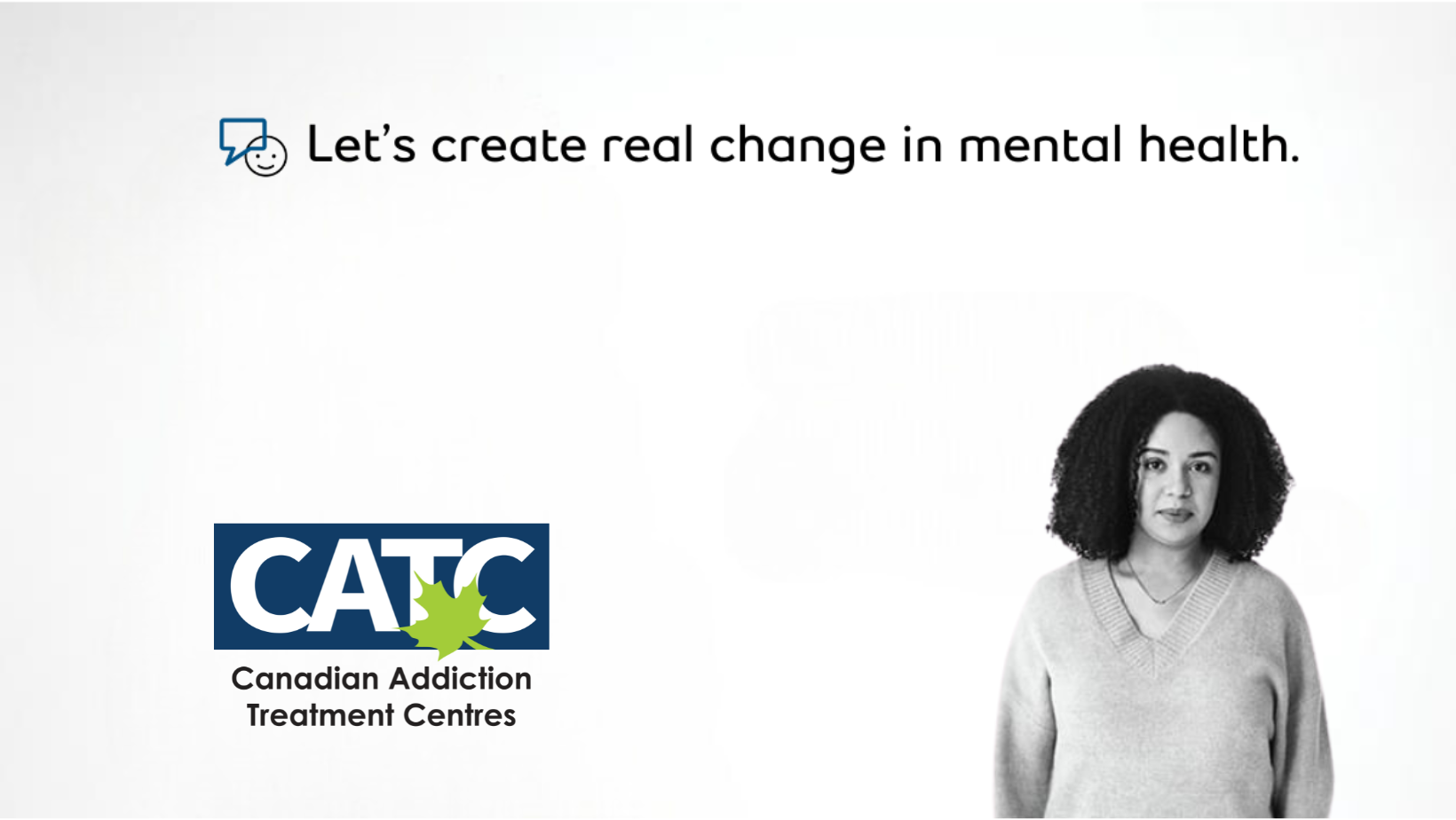
What Is The Most Effective Way of Treating Addiction?
Substance addiction is a chronic condition involving compulsive drug and/or alcohol use. People who are addicted to a substance may continue to drink or use drugs despite the potentially serious problems such substance use may cause in their lives. Addiction can adversely impact every part of a person’s life, including physical and mental health, family and relationships, employment, and finances.
Once addicted, it can be very challenging for a person to quit using a substance because of the way drugs affect the brain. In some cases, it can be dangerous to suddenly stop or decrease the use of certain substances without medical supervision. Addiction treatment isn’t always easy, but in addressing these and other issues, we can help many people recover from substance use disorders.
While addiction is a chronic and complex condition, it is treatable. Studies have shown that addiction treatment is most effective when it is individualised, meaning that it is tailored to address specific emotional, medical, psychosocial, employment-related, familial, and other aspects of a person.
If you or a loved one are considering alcohol or drug addiction treatment, this article will help you understand what addiction treatment is and what kinds there are, and some common therapies used during treatment. The sooner you start recovery, the better chance you have at achieving long-lasting sobriety.
What is the Best Addiction Treatment?
Effective addiction treatment is a series of interventions designed to help people stop using drugs and improve functioning within their family, work, and community lives. Types of addiction treatment can vary depending on the specific types of substances being used, individual medical and mental health needs, as well as other social issues. Some people seek addiction treatment on their own when they feel they cannot stop using substances, while others may be required to enter treatment as a result of legal issues; in either instance, positive treatment outcomes may result.
Certain changes in areas of the brain that are responsible for impulse control, judgement, and decision making may accompany the development of an addiction. Many types of compulsive drug use are thought to be associated with changes in brain chemistry involving increased dopamine activity in the brain’s reward system.
Some of these changes to the brain may not suddenly disappear when a person stops using substances. Such changes may contribute to persistent behavioural patterns that make it relatively difficult for someone to control their impulses to use again.
The compulsion to continue drinking or using drugs may also be tied to environmental and psychological triggers, of which an addicted person is sometimes not even aware. The good news is that addiction treatment uses evidence-based methods to target and change some of these deeply rooted triggers and behavioural patterns.
A comprehensive approach to addiction treatment commonly involves a combination of several therapeutic components, including:
- Medical detox
- Treatment medications
- Behavioural therapies
- Family therapy
- Group and individual counselling
- Support groups
- Social services, including housing, legal, and financial services
The combination of these services and length of treatment depends on the person’s particular needs. As these needs change over time, so should the treatment approach. Like many other chronic health conditions, addiction is known to be a relapsing condition. Substance relapses themselves, should they occur, should not be taken as treatment failure. Instead, they could indicate that treatment approaches may need to be adjusted over time to maintain recovery momentum.
What Happens During Addiction Treatment?
When a person enters addiction treatment, the intensity of care and the time frame of such care will vary depending on individual needs. Addiction research outlines a continuum of several levels of addiction treatment:
- Outpatient services
- Intensive outpatient/partial hospitalisation
- Residential/inpatient services
- Medically managed intensive inpatient services
Keeping such levels of care in mind, treatment providers may recommend an appropriate plan for care based on a multifactorial assessment of individual risks, supports, and various other treatment needs. During treatment, a number of approaches may be taken including medication, individual and/or group therapies, or a combination of these approaches. The most effective treatment is personalised in consultation with a medical practitioner.
Types of Addiction Treatment
Addiction treatment programs will often combine approaches depending upon the specific needs of the person. It’s common for treatment to start with medically supervised detox, to help the person safely and comfortably overcome withdrawal symptoms from certain substances.
Additionally, treatment may include a combination of other services such as individual and/or group therapies, family therapy, evaluation for co-occurring mental health disorders, and long-term follow-up.
The interventions that work for one person may not work for another. Addiction treatment can be effective but needs to be continuously monitored and adjusted to the needs of the person to enhance long-term management of addiction. The duration of treatment may also be an important factor in determining the effectiveness of treatment, with longer treatment being recommended for more positive outcomes.
Inpatient Rehabs
Inpatient rehab, a category that includes residential treatment settings, is a type of addiction treatment where a person stays in the facility 24/7 to receive services, often with medical supervision on-site. Inpatient rehabs can range from hospital settings to structured residential facilities. Experienced clinicians will assess a person’s needs to help guide them toward the appropriate level of care throughout recovery.
A person taking substances that have the potential for more severe withdrawal symptoms, or who struggles with ongoing emotional, behavioural, or cognitive problems, may be recommended for a medically managed inpatient hospital setting.
Choosing the appropriate level of care should be done with the guidance of a medical professional who can properly assess a person’s needs, risks, strengths, and resources. They may consider inpatient treatment if:
- Substance misuse has been a long-standing problem
- The person lives with other people who are actively using substances
- The person has underlying medical conditions
- The person has co-occurring mental health disorders
The length of stay for inpatient rehab varies depending on the individual and the treatment program. The median length of completed treatment stays in inpatient settings is 28 days for hospital residential treatment and 24 days for short-term residential treatment.
It’s important to note that longer courses of any type of treatment (inpatient and/or outpatient) are associated with better treatment outcomes, and that many people need long-term or repeated care to completely stop using substances. Stays can last 90 days or longer.
Outpatient Rehabs
These are rehab programs in which the individual attends regularly scheduled sessions or receives services at a treatment facility while still living at home. With a range of treatment offerings often similar to what is provided in inpatient settings, outpatient facilities are often focused on education, counselling, and helping people cope without using substances. Outpatient treatment may be most appropriate for people who:
- Maintain stable employment
- Have strong social/family support
- Recently completed an inpatient or residential program
Outpatient treatment services vary from one recovery program to another, but in general, the hours may be more accommodating for people still working or going to school while undergoing treatment. The range of treatment programming, including drug education, behavioural therapy, and support group participation, may resemble that found in inpatient rehab. Yet, outpatient programs often have relatively less structure and none of the round-the-clock supervision provided in inpatient or residential treatment settings.
Outpatient treatment itself encompasses various levels of care. These may include:
- Standard outpatient services that may consist of an average of 9 hours per week of treatment for adults with a substance use disorder
- Intensive outpatient programs (IOPs), which provide at least 9 hours a week of treatment for people with more complex needs related to addiction and/or co-occurring conditions
- Partial hospitalisation programs (PHPs), which offer at least 20 hours a week of treatment, but don’t require 24-hour care
It’s important to keep in mind that within the spectrum of treatment settings, both inpatient and outpatient, people may move in either direction through the continuum as they journey through recovery. For example, someone may step down to a less intensive level of care if their recovery progress allows it. Others may find they would benefit from moving from an outpatient to an inpatient program, due to previously unforeseen challenges. This structure of care is well supported by the research as being the most effective approach.
Alcohol and Drug Medical Detox
Drug and alcohol detox involves a supervised withdrawal management period that allows the treatment team to stabilise a person in early recovery—keeping them as comfortable and safe as possible as their body rids itself of substances. An important facet of many recovery programs is that they help to facilitate a person’s transition into ongoing treatment. Detox is often just the first stage of treatment and not a substitute for more comprehensive treatment or rehabilitation, the latter allowing for greater focus on therapeutic services to support recovery.
The withdrawal and detoxification process may vary somewhat depending on the substances used as well as the magnitude of physiological dependence associated with such use. Some detox treatments may involve medication management to help a person in early recovery by alleviating cravings, minimising withdrawal symptoms, and decreasing the risk of withdrawal complications. Because of their association with significantly unpleasant and/or risky acute withdrawal syndromes, medical detox management may be particularly important if a person was using opioids, alcohol, or benzodiazepines.
Medical withdrawal management may be especially critical for those with a history of regular use of certain substances such as benzodiazepines and alcohol, because suddenly stopping use could potentially result in dangerous health effects like seizures and other complications. Some potential withdrawal symptoms during recovery associated with both alcohol and benzodiazepines include:
- Anxiety
- Agitation
- Tremors
- Restlessness
- Insomnia
- Increased body temperature
- Increased pulse and blood pressure
- Hallucinations
- Delirium
- Seizures
Alcohol withdrawal is particularly dangerous as it is sometimes associated with a condition called delirium tremens. This can occur when someone stops drinking after a period of heavy use. It can potentially lead to the symptoms outlined above in addition to seizures, changes in mental function, and other life-threatening complications.
While also potentially life-threatening, opioid withdrawal can result in many unpleasant symptoms, including:
- Anxiety
- Body aches
- Excessively runny nose
- Sweating
- Stomach cramps
- Nausea and/or vomiting
- Diarrhea
- Goosebumps
- Fast pulse
- Raised blood pressure
- Involuntary muscle contractions
For safety and humanitarian reasons, withdrawal from certain substances is often recommended to be done under the supervision of qualified medical professionals. Proper withdrawal management can help minimise the discomfort, risks, and potential complications of withdrawal.
Most Effective Addiction Therapy
There are many different approaches to treating alcohol and drug addiction. Behavioural therapies and medication should be used in combination and tailored to a person’s specific needs. No one treatment is ideal for everyone, but there are some common approaches that are used to treat substance use disorders.
Most of these approaches focus on changing a person’s way of thinking and adjusting previously maladaptive behavioural patterns, with an emphasis on problem-solving and correcting faulty patterns of thinking. The basic foundation of addiction therapy is that thoughts and behaviours are learned and can also be unlearned.
In terms of substance use, therapy teaches people to cope with triggers that result in the use of substances, while also helping them learn different ways to cope and avoid using drugs and alcohol.
Addiction therapies include Cognitive Behavioural Therapy (CBT), Contingency Management, Rational Emotive Behaviour Therapy, and Motivational Interviewing and Motivational Enhancement Therapy.
Not every therapy is suited to everyone. Your healthcare provider will decide with you what is most appropriate.
Getting Help
If you have an addiction and want to get sober, treatment may be your best option. Beating an addiction to drugs or alcohol requires not only eliminating the physical dependence but also addressing the behavioural issues and negative patterns of thinking. Simply quitting “cold turkey” will not change the psychological aspect of addiction. It can also be very dangerous.
At Thousand Islands Rehab Centre, we will support you through your recovery journey, starting with safe and comfortable medical detox and moving on to an addiction treatment program that is tailored to your unique needs and circumstances. The best addiction treatment is the one that truly meets your needs and addresses the challenges that you face.







